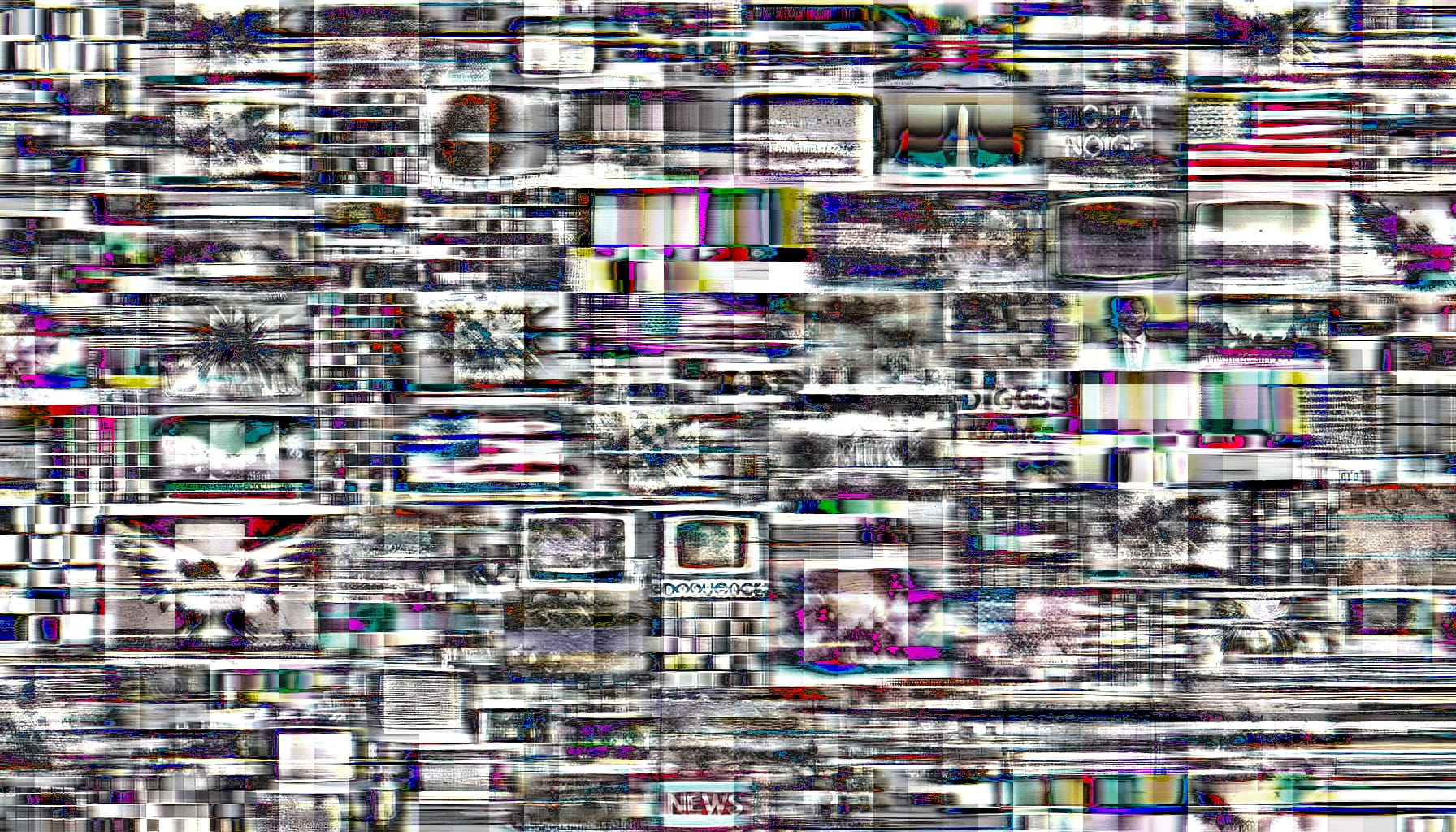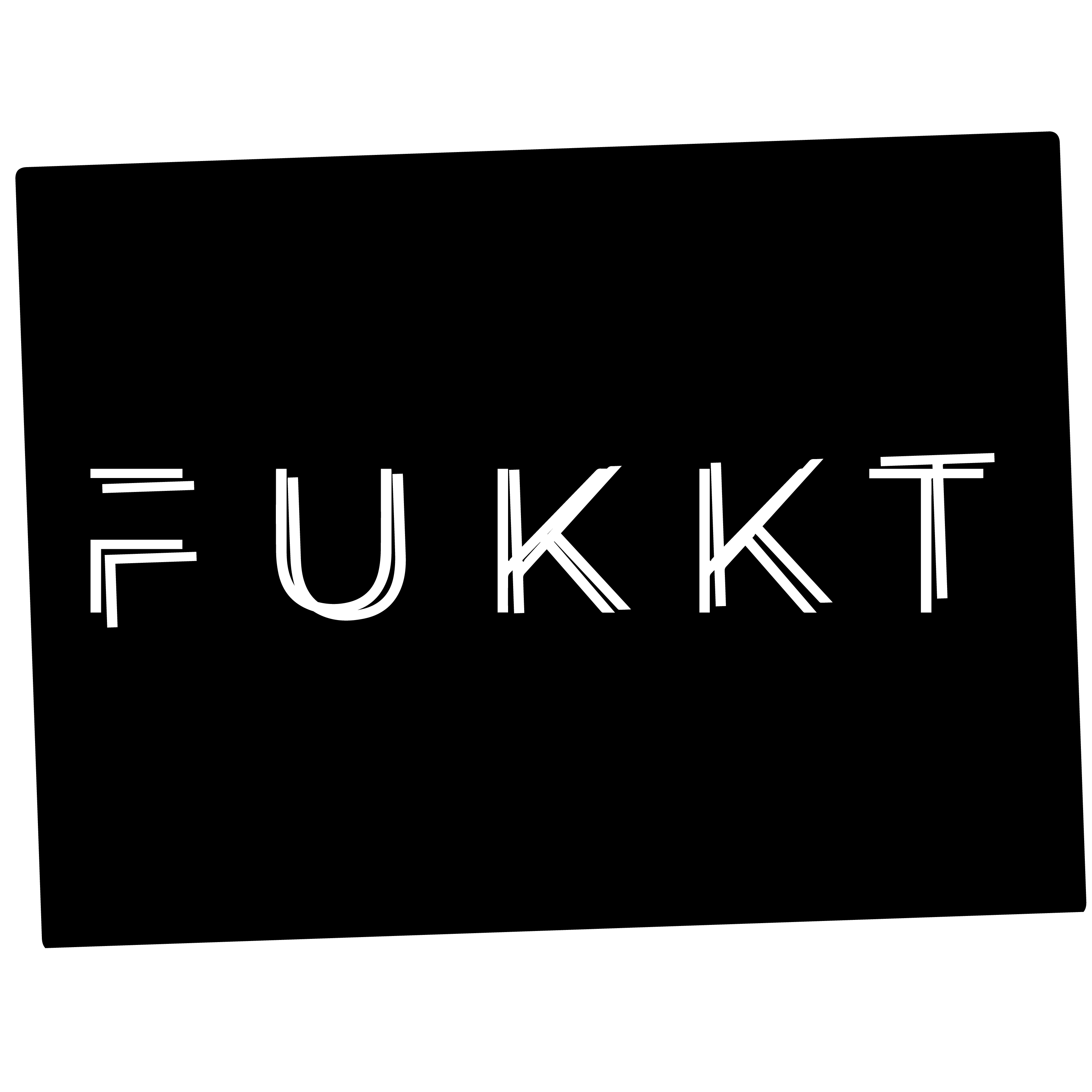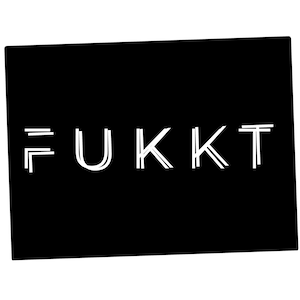Calling Bullshit
Equip yourself with the essential skills to navigate the information overload, discern truth from fiction, and make informed decisions in the digital age.

The groundwork for spotting lies, damn lies, and fake news
Dissecting bullshit: A critical basis
Ever felt like you're drowning in a sea of information, unsure of what to believe? You're not alone.
In the age of social media and 24/7 news cycles, we’re flooded with information. But not all of it is reliable. From ‘fake news’ to misleading ads, bullshit is everywhere. This guide will help you navigate this landscape, separate fact from fiction, and make informed decisions that empower you personally and as a citizen.
But before we dive into how to spot this BS, let's define what we're dealing with.
When it comes to information and communication, “bullshit” refers to statements, claims, or assertions made without regard for the truth. It often involves exaggeration, manipulation, or outright falsehoods, aiming to impress, persuade, or deceive rather than to convey honest, accurate information.
Take the 5G Conspiracy Theories, for instance, which falsely linked 5G technology to the spread of COVID-19. This misinformation led to attacks on cell towers and telecommunications workers in countries like the UK and the Netherlands. The consequences were dire: property damage, endangered workers, and disrupted communication services.
This is just one example of how unchecked bullshit can wreak havoc. There are many reasons why detecting bullshit is essential in today's world.
Bullshit detection is crucial in today’s information landscape for several reasons:
- Information Overload: With the vast amount of data online, it’s challenging to discern what is relevant and accurate. Effective bullshit detection helps you sift through this overload to find credible and useful information.
- Misinformation and Disinformation: Misinformation (false or misleading information shared without malicious intent) and disinformation (false information shared with the intent to deceive) are rampant. Bullshit detection skills help identify and mitigate their impact.
- "Fake News": Deliberately fabricated stories mislead people, influence public opinion, affect elections, and incite violence. Detecting and debunking fake news is essential to maintaining informed and rational public discourse.
- Erosion of Trust: False information can erode trust in legitimate news sources and institutions. When people can’t distinguish between reliable and unreliable information, their trust in media, government, and other organizations diminishes. Bullshit detection helps preserve trust by highlighting credible sources.
- Critical Thinking: Developing bullshit detection skills fosters critical thinking and analytical abilities. It encourages questioning sources, seeking evidence, and evaluating arguments based on logic and facts rather than emotions or biases. This is essential for making informed decisions in both personal and public spheres.
- Protection from Manipulation: Individuals and groups with specific agendas often use misinformation to manipulate public perception and behavior. By detecting bullshit, you can protect yourself from manipulation and make decisions based on accurate, unbiased information.
- Promoting Informed Citizenship: In a democratic society, an informed citizenry is crucial for the functioning of the political system. Voters need reliable information to make decisions about policies, candidates, and other civic matters. Bullshit detection ensures that citizens are well-informed and can engage in meaningful democratic processes.
- Personal and Professional Impact: Accurate information is vital for personal and professional decisions. Whether it’s health information, financial advice, or career-related data, detecting bullshit helps you make better choices and avoid potential pitfalls.

Benefits of bullshit detection
Developing the skill of bullshit detection brings numerous benefits in today’s complex and information-rich environment. Here are some key advantages:
1— Better Decision-Making:
- Informed Choices: By identifying credible sources and accurate information, you can make more informed decisions in all aspects of life, from personal health and finances to professional and civic matters.
- Avoiding Pitfalls: Detecting misinformation helps you avoid the consequences of poor decisions based on false or misleading information.
- Strategic Planning: With accurate data, you can plan and strategize more effectively, leading to better outcomes in both personal and professional projects.
2—Enhanced Critical Thinking:
- Analytical Skills: Developing bullshit detection hones your ability to analyze information critically, evaluating the validity and reliability of sources and arguments.
- Problem-Solving: Critical thinking skills are essential for solving complex problems, as they enable you to break down issues, assess evidence, and develop logical solutions.
- Intellectual Independence: By questioning and verifying information, you become less reliant on external opinions and more confident in your own reasoning abilities.
3—Protection from Manipulation:
- Resisting Propaganda: Effective bullshit detection helps you recognize and resist manipulative tactics used in propaganda, advertising, and political messaging.
- Safeguarding Personal Interests: By avoiding scams, fraudulent schemes, and misleading offers, you can protect your financial and personal interests.
- Maintaining Autonomy: Recognizing attempts at manipulation empowers you to maintain autonomy over your thoughts and actions, making decisions based on your own values and understanding rather than external pressures.
4—Enhanced Personal and Professional Relationships:
- Building Trust: By consistently relying on accurate information, you build trust with colleagues, clients, friends, and family, who value your reliable judgment and advice.
- Effective Communication: Critical thinking and bullshit detection improve your ability to communicate clearly and persuasively, as you can present well-founded arguments and counter misinformation effectively.
5—Contribution to Society:
- Promoting Informed Citizenship: By sharing accurate information and debunking falsehoods, you contribute to a more informed and rational public discourse, essential for a healthy democracy.
- Encouraging Accountability: Demanding evidence and questioning dubious claims promotes accountability in media, government, and other institutions, encouraging them to provide more accurate and transparent information.
Developing bullshit detection skills leads to better decision-making, enhanced critical thinking, protection from manipulation, improved personal and professional relationships, and a positive contribution to society. These benefits collectively empower individuals to navigate the modern information landscape with confidence and discernment.
Ready to become a BS-busting pro? Stay tuned for our next post, where we'll reveal actionable strategies for spotting misinformation and reclaiming your right to the truth.












